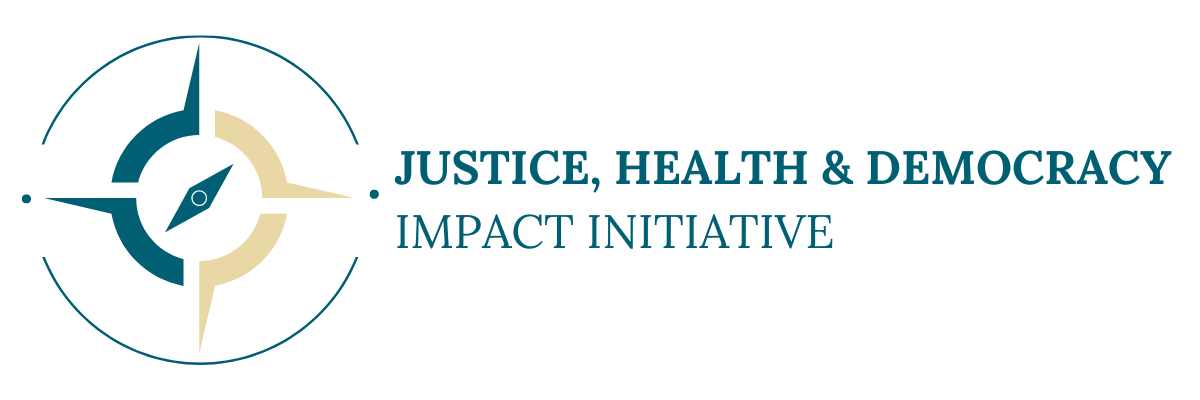Ethics of Decentralized Social Technologies: Lessons from Web3, the Fediverse, and Beyond

This paper argues that the plethora of experiments with decentralized social technologies (DSTs)—clusters of which are sometimes called “the Web 3.0 ecosystem” or “the Fediverse”—have brought us to a constitutional moment. These technologies enable radical innovations in social, economic, and political institutions and practices, with the potential to support transformative approaches to political economy. They demand governance innovation. The paper develops a framework of prudent vigilance for making ethical choices in this space that help to both grasp positive opportunities for transformation and avoid the potentially problematic consequences. Most of our specific examples and concerns come from the blockchain/Web3 universe, as this has received the greatest investment, attention, and adoption to date. However, we aim to offer a framework for governance decision-making in conditions of uncertainty that applies more broadly to other DSTs. Specifically, under the framework of prudent vigilance, we propose a pragmatic, democratic, and pluralist approach to navigating bold experimentation with social practices and political economy enabled by these technologies. Our overarching goal is to provide a framework open to transformative improvement and constrained by guardrails and guiding values supportive of democracy, freedom, and pluralism. We take a relatively strong position, rather than simply laying out ethical issues and potential approaches. We seek to be provocative in order to spur further work and hope this paper will serve as a first bridge between academic philosophy and the DST community, which have hardly interacted to date.
Plural Publics

Data governance is usually conceptualized in terms of “privacy” v. “publicity”. Yet a core feature of pluralistic societies is association, groups that share with each other, privately. These are a diversity of (plural) publics, each externally private but with the ability to coordinate and share internally. Empowering plural publics requires tools that allow the establishment of shared communicative contexts and their defense against external sharing outside of context. The ease of spreading information online has challenged such “contextual integrity” and the rise of generative foundation models like GPT-4 may radically exacerbate this challenge. In the face of this challenge, we highlight why we believe the problem of “plural publics” to be a core challenge of data governance, discuss existing tools that can help achieve it and a research agenda to further develop and integrate these tools with a design eye specifically on the requirements of plural publics.
Sarah Hubbard

Justice, Health, & Democracy Impact Initiative Fellow, Edmond & Lily Safra Center for Ethics
Technology & Public Purpose Fellow, Belfer Center

